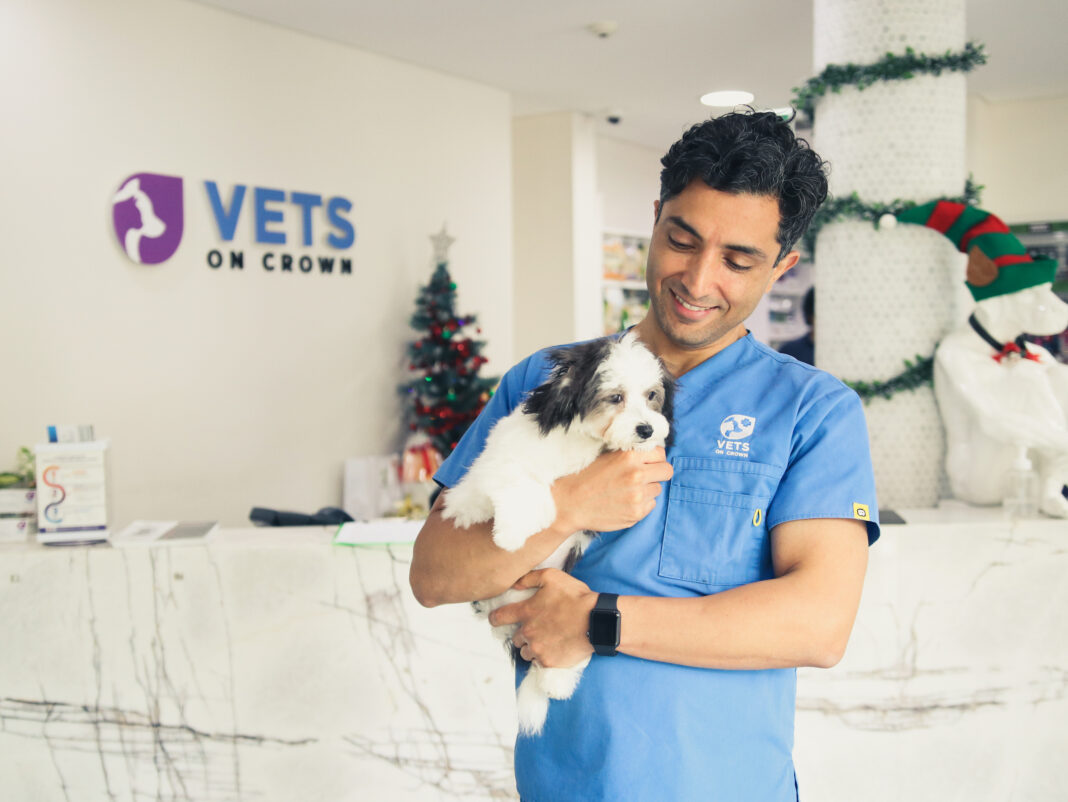Leptospirosis is a disease that has become more prevalent in inner Western Sydney throughout the last two years, particularly the areas of Surry Hills, Glebe and Darlinghurst.
The disease is largely carried by rats. With an increased population of rats in the area due to the large number of construction projects in the area, the rats come to the surface and urinate throughout water sources, soil and food, spreading the disease.
It is a potential zoonotic disease, meaning that it can also be passed on to people.
The disease mainly impacts dogs, however cats can also get the disease, but they only serve as carriers of the disease.
Risk Factors:
It mainly impacts the kidneys and liver. Unfortunately, by the time animal starts showing symptoms it is already too late to do much for the dog. Most of the dogs who show symptoms pass away.
It is most commonly caught by off-leash dogs, but this is only a slight difference.
Symptoms:
Symptoms are unfortunately quite vague but include vomiting, diarrhoea, lethargy from kidney injuries and failure. Animals either drink a lot and urinate frequently, or they completely stop urinating. Dogs are also known to turn yellow, as well as pant frequently.
Diagnosis:
It takes about 1-2 weeks for the disease to be diagnosed. Leptospirosis is diagnosed using a blood test and urine test.
Treatment:
Once the dog has contracted the disease, there is little hope. The treatment options that exist are not advanced enough yet to guarantee
There is a vaccination for dogs. Vaccinating significantly minimises the chance of contracting the disease. Every country or even every area might have different strains of the disease, meaning that there is no one general vaccination. If your dog has been vaccinated for leptospirosis in another country, they should be vaccinated again in Sydney.
To combat this disease, it is important that dogs are vaccinated as soon as possible. Doing so protects your pet, other pets and people.
























